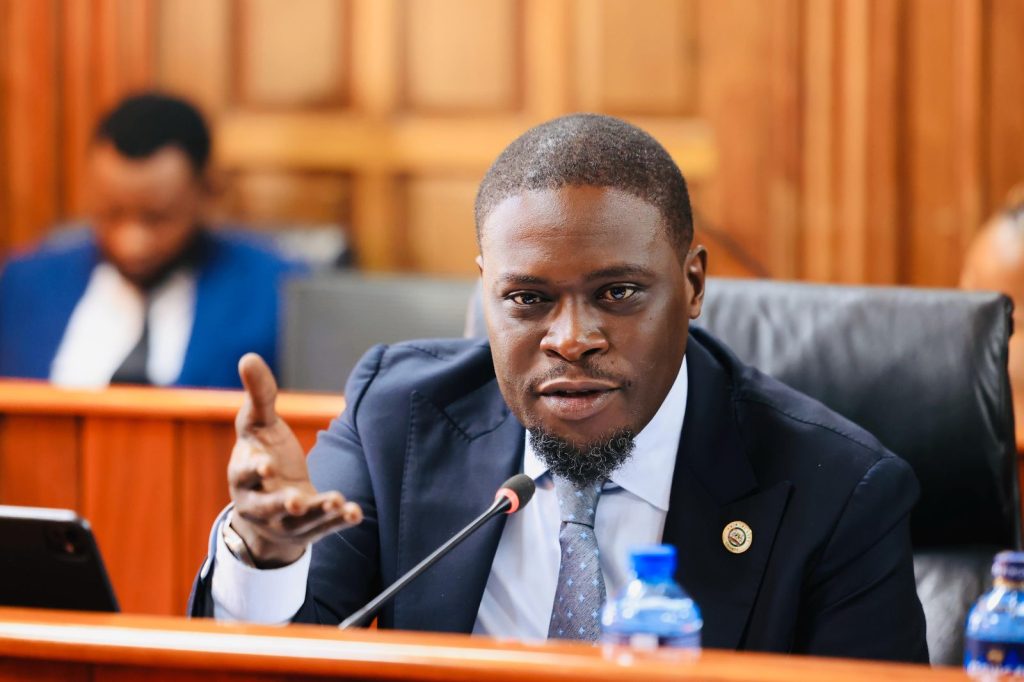Nairobi Governor Johnson Sakaja has assured city residents of a speedy and fair resolution to the ongoing dispute between Nairobi County and Kenya Power and Lighting Company (KPLC).
Speaking during the meeting with the Senate Committee on Energy at Parliament Buildings, Sakaja provided a detailed update on steps being taken to resolve the matter.
A key issue in the discussions was the joint meter verification process, conducted in two phases—physical and financial verification.
This process aimed to assess the status of electricity meters and identify any inconsistencies in billing.
Both parties agreed to implement a fresh billing system to enhance transparency and accuracy. The county will also continue to settle outstanding payments in installments while paying current bills on time.
The dispute has had significant consequences, with power outages affecting critical services such as hospitals, water supply systems, emergency response, street lighting, and lift operations.
Sakaja underscored the importance of a long-term solution that would prevent future disruptions and safeguard essential services.
“The implementation of a proper billing format and verification of pending bills will ensure accuracy and help resolve any discrepancies promptly, preventing future disruptions,” Sakaja stated.
To enhance street lighting, discussions included the introduction of a special tariff for public lighting. Additionally, the county is planning to solarize streetlights, a move aimed at reducing reliance on KPLC, promoting sustainability, and lowering energy costs.
Beyond electricity issues, Sakaja highlighted Nairobi’s ongoing waste management crisis.
The prolonged standoff between KPLC and the county recently saw garbage dumped at the power company’s premises, further straining relations.
To address waste management challenges, Nairobi County has established Green Nairobi Limited, a dedicated corporate entity that will oversee garbage collection and disposal.
“The Green Nairobi Limited will have its own resources, including a CEO and a management team, to focus solely on waste management in Nairobi County,” Sakaja said.
He revealed that the county has already acquired 60 trucks, 27 tippers, 10 skip loaders, and 24 refuse compactors to improve garbage collection. However, an additional 200 trucks are required to handle the city’s daily waste effectively.
Meanwhile, the much-anticipated Dandora waste-to-energy plant has been completed. The facility is expected to generate 45 megawatts (MW) of electricity from solid waste, helping to address both the county’s waste disposal challenges and energy needs.
Email your news TIPS to Editor@kahawatungu.com or WhatsApp +254707482874

